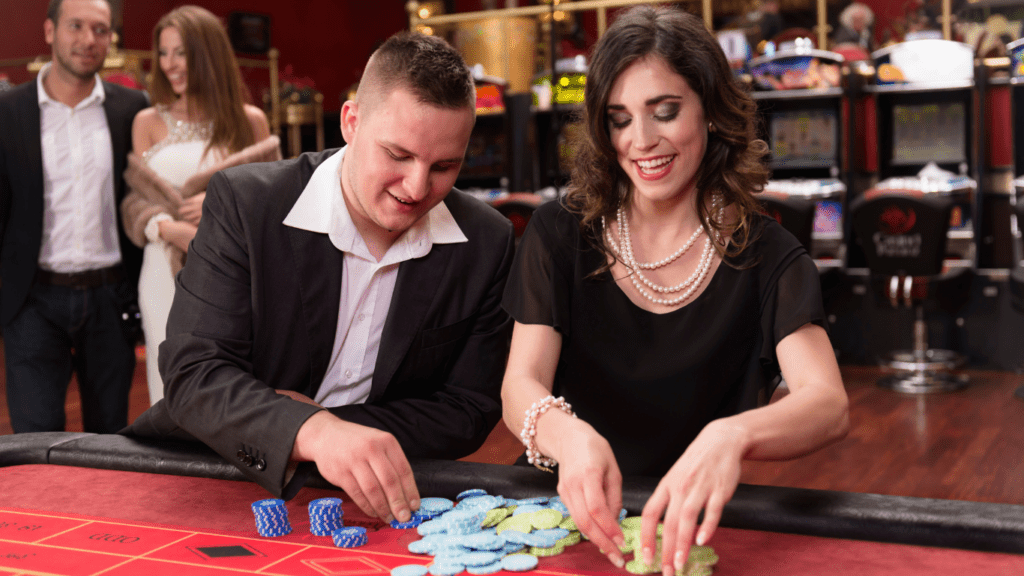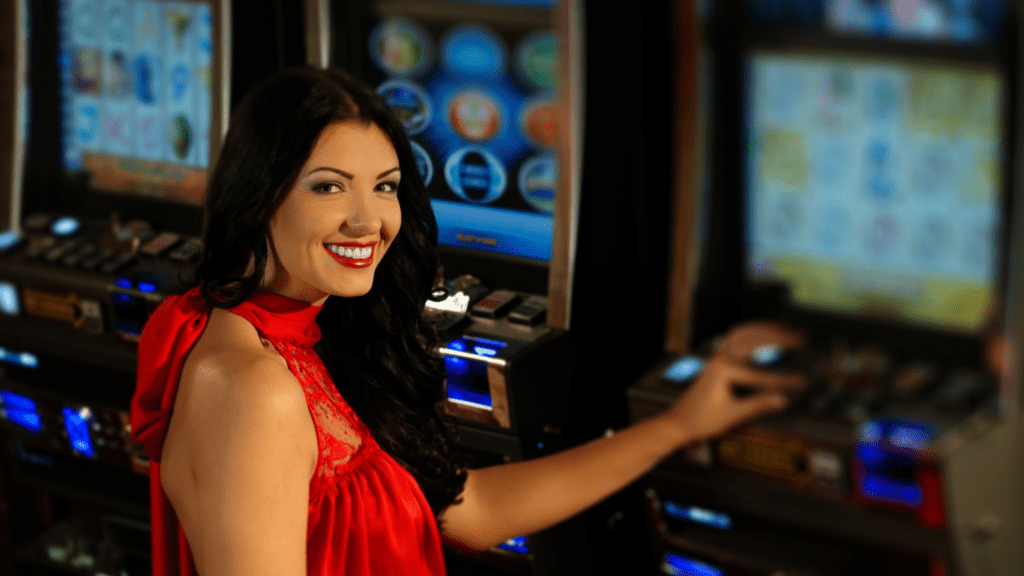Chasing huge jackpots can be thrilling, but it’s easy to let excitement cloud your judgment. I’ve seen so many people dive in headfirst without a strategy, only to walk away disappointed. Winning big isn’t just about luck—it’s about playing smart and avoiding common pitfalls that could cost you more than you bargained for.
Understanding Huge Jackpots
Huge jackpots attract millions because of their life-changing potential. However, understanding their complexities helps in making informed decisions.
The Appeal of Huge Jackpots
- Massive prizes often lure players with the promise of instant wealth.
- The progressive nature of many jackpots, like those in lotteries or slot games, increases their appeal as the prize pool grows over time.
- Social proof also plays a role, with media stories of winners inspiring others to try their luck.
- The Powerball has awarded jackpots exceeding $1 billion, capturing global attention.
The Odds and Realities
The odds of winning huge jackpots are typically low, with probabilities often described as one in millions. For instance, the odds of hitting the Mega Millions jackpot are approximately 1 in 302.6 million. These games are structured so that the house retains an advantage, ensuring profitability for game operators. While smaller wins are more frequent, winning the grand prize requires overcoming severe statistical improbabilities. Recognizing these odds helps avoid unrealistic expectations while playing.
Common Mistakes Players Make

Playing for huge jackpots often leads to costly errors if players approach the games without care or strategy. Identifying and avoiding these mistakes can significantly impact a player’s overall experience and results.
1. Ignoring Budget Limitations
Overspending quickly turns entertainment into financial stress. I recommend setting a strict budget for jackpot games and never exceeding it, even when tempted. For example, limit weekly spending to a set amount like $50 and stick to it regardless of outcomes.
2. Chasing Losses Recklessly
Attempts to recover losses with additional bets frequently result in even larger losses. If I’m on a losing streak, I pause instead of wagering more, ensuring emotions don’t drive my decisions. Controlled play allows for a more enjoyable and sustainable experience.
3. Failing to Understand the Rules
Misinterpreting game rules leads to missed opportunities or disqualifications. Before playing, I review the official guidelines thoroughly, such as prize structures and eligibility criteria. For instance, progressive jackpots often have specific requirements like maximum bets to qualify for the top prize.
4. Overlooking Lesser-Known Jackpots
Players sometimes fixate on well-advertised jackpots, ignoring smaller options with higher win probabilities. I explore alternative games like regional lotteries or smaller progressives, as they often offer better odds even if the payouts are not as massive.
5. Overconfidence in Luck
Assuming personal luck guarantees a win results in unrealistic expectations. I always remind myself that huge jackpots are chance-based, with odds surpassing one in millions. Balancing hope with realism ensures a more grounded approach to playing.
Strategies for Responsible Gameplay
Responsible gameplay ensures that chasing huge jackpots remains enjoyable while minimizing financial and emotional risks. Implementing specific strategies can help maintain control and make the experience more rewarding.
Setting a Strict Budget
I establish a fixed budget before participating in any jackpot games. This ensures I don’t overspend or let excitement affect my financial stability. For example, I allocate disposable income specifically for gambling and avoid dipping into funds meant for essentials like bills or savings. Sticking to this budget protects me from unnecessary financial stress.
Knowing When to Walk Away
I stop playing once I’ve spent my pre-determined budget or reached my loss threshold. Chasing losses often leads to poor decisions, so I accept outcomes without attempting to recover losses in a single session. Recognizing when to walk away allows me to maintain a healthy balance between risk and enjoyment.
Researching Jackpot Games
I research jackpot games to understand the odds, rules, and prize structures. For instance, progressive jackpots feature growing pools but often come with lower probabilities of winning. On the other hand, smaller or local jackpots may offer better chances. Reviewing official guidelines and past win statistics helps me make informed decisions.
Balancing Entertainment and Expectations
I approach jackpot games primarily as a form of entertainment, not a guaranteed way to acquire wealth. Realizing the odds of winning are slim helps me set realistic expectations, avoiding overconfidence or frustration. This perspective lets me enjoy the process while accepting both success and failure as part of the experience.





